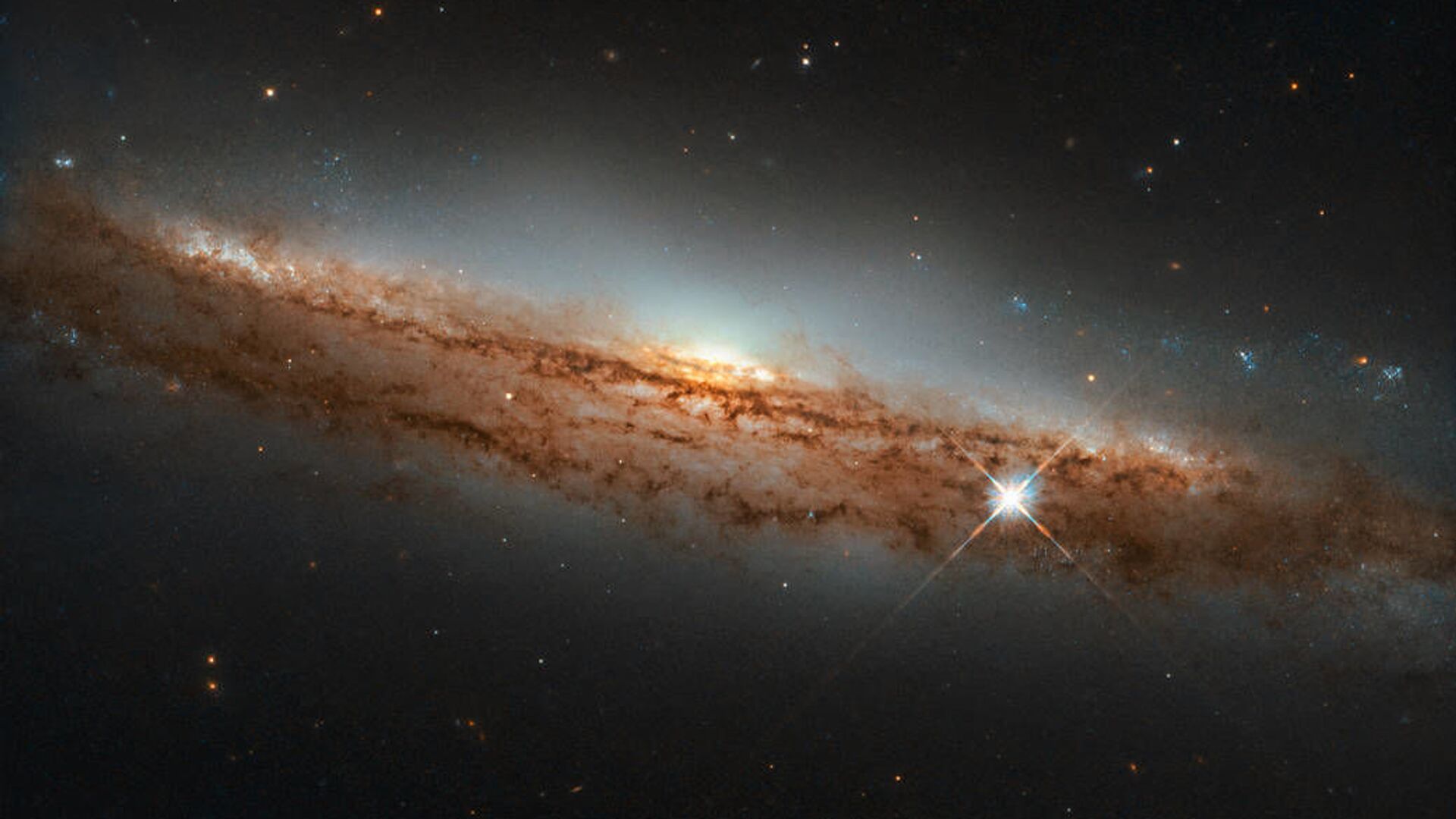https://sputnikglobe.com/20220212/new-report-chips-away-at-multiple-universes-theory-1092970934.html
New Report Chips Away at Multiple Universes Theory
New Report Chips Away at Multiple Universes Theory
Sputnik International
The work in question suggests that life in the universe could have evolved even if the physical conditions were different. 12.02.2022, Sputnik International
2022-02-12T18:37+0000
2022-02-12T18:37+0000
2022-10-19T18:54+0000
science & tech
universe
conditions
life
https://cdn1.img.sputnikglobe.com/img/107705/54/1077055417_0:191:1041:777_1920x0_80_0_0_f4ada364f4853121a2a7dda4c2c2e065.jpg
A new report by the Foundational Questions Institute, produced with the support of the John Templeton Foundation, has dealt a blow to the so-called multiverse theory, i.e. the theory that an infinite number of parallel universes with different physical parameters exist.As phys.org points out, some physicists use the multiverse theory to explain how our universe seems to be “perfectly tuned to foster intelligent life,” since if there's an infinite number of universes out there, it is probably not surprising that one of them possesses the required conditions.The new report, however, postulates that life in the universe could still have evolved under different physical conditions, with the fine-tuning of the components involved therefore not being as vital as previously thought.Fred Adams, an astrophysicist and expert on fine-tuning at the University of Michigan whose work was featured in the report, also observed that developments outlined in the work emphasise that "the fine-tuning problem is more nuanced than has been previously discussed, with wider allowed ranges for the relevant physical parameters."
Sputnik International
feedback@sputniknews.com
+74956456601
MIA „Rossiya Segodnya“
2022
News
en_EN
Sputnik International
feedback@sputniknews.com
+74956456601
MIA „Rossiya Segodnya“
Sputnik International
feedback@sputniknews.com
+74956456601
MIA „Rossiya Segodnya“
science & tech, universe, conditions, life
science & tech, universe, conditions, life
New Report Chips Away at Multiple Universes Theory
18:37 GMT 12.02.2022 (Updated: 18:54 GMT 19.10.2022) The work in question suggests that life in the universe could have evolved even if the physical conditions were different.
A new report by the Foundational Questions Institute, produced with the support of the John Templeton Foundation, has dealt a blow to the so-called multiverse theory, i.e. the theory that an infinite number of parallel universes with different physical parameters exist.
As phys.org points out, some physicists use the multiverse theory to explain how our universe seems to be “perfectly tuned to foster intelligent life,” since if there's an infinite number of universes out there, it is probably not surprising that one of them possesses the required conditions.
The new report, however, postulates that life in the universe could still have evolved under different physical conditions, with the fine-tuning of the components involved therefore not being as vital as previously thought.
"The tuning required for some of these physical parameters to give rise to life turns out to be less precise than the tuning needed to capture a station on your radio, according to new calculations," says Miriam Frankel, the report's author. "If true, the apparent fine-tuning may be an illusion."
Fred Adams, an astrophysicist and expert on fine-tuning at the University of Michigan whose work was featured in the report, also observed that developments outlined in the work emphasise that "the fine-tuning problem is more nuanced than has been previously discussed, with wider allowed ranges for the relevant physical parameters."

